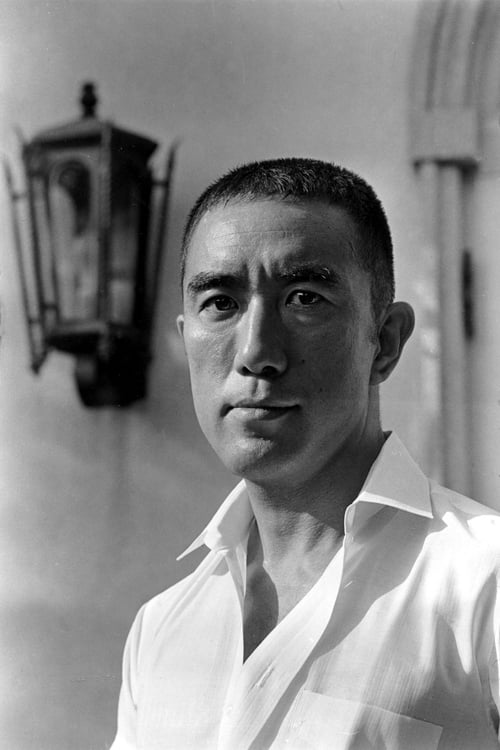Yukio Mishima
Birth : 1925-01-14, Shinjuku, Tokyo, Japan
Death : 1970-11-25
History
Yukio Mishima (三島 由紀夫 Mishima Yukio) is the pen name of Kimitake Hiraoka (平岡 公威 Hiraoka Kimitake, a Japanese author, poet, playwright, actor, and film director. Mishima is considered one of the most important Japanese authors of the 20th century.
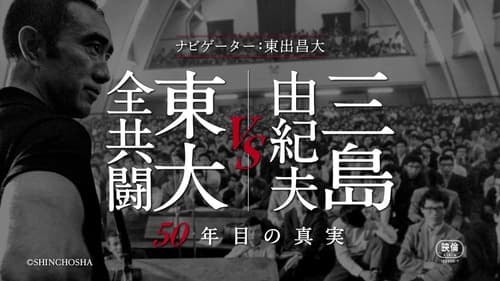
Self (archive footage)
Restored footage of a famous debate between Yukio Mishima and students at Tokyo University in 1969, just one year before the author's death.

Novel
A family believes they are aliens from other planets and tries to save Earth from impending calamity.
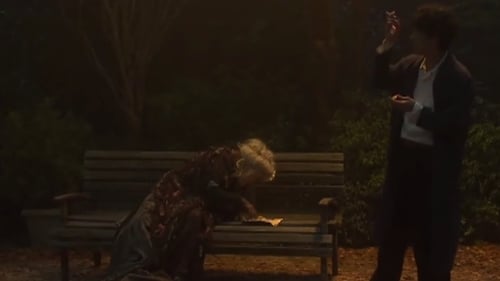
Writer
Mishima reset the story in a 1950s urban park. At the beginning of the story, five couples are sitting on the benches and embracing. A 99-year-old lady appears in the park to gather cigarette butts. A poet sees her and admonishes her for disturbing the lovers and for using a park bench that rightfully belongs to those in love. They debate life and love. The old lady confesses that when young she was a beautiful woman and was admired by Captain Fukakusa. Upon describing a dance she attended, she and the poet find themselves at the dance, many years earlier, in Rokumei Hall, a ballroom where many handsome men and beautiful women are dancing. Everyone in the ballroom recognizes the old woman as the beautiful Komachi and comment on her beauty.

In this archival documentary, cinematographer John Bailey, production designer Eiko Ishioka, and composer Philip Glass discuss the conception of Paul Schrader's film, the image of Mishima that they had prior to committing to the project, the manner in which some of his ideas resonated with them, the unusual portrait of Mishima that the film offers, its form and visual style, etc.

Original Story

Original Story
Based on the first novel, Spring Snow, of Mishima Yukio's Sea of Fertility tetralogy, it follows the troubled and illicit affair between two youngsters amongst the aristocracy and rich of early twentieth century Japan.

Novel
Fashion executive Dominique's obsession for Quentin, a young bisexual hustler, fills her desire for physical love but leaves her taxed emotionally. Twists and turns in the relationship, along with the man's violent and abusive nature, force Dominique to reconcile the conflicts created by her passion. In this quest, Dominique is aided, and sometimes hindered, by friends, clients, and Quentin's former and current acquaintances.

Himself (archive footage)
A study of Tennessee Williams's life and work as a whole, ranging from his youth in Mississippi and in St. Louis to success and acclaim, followed by the final difficult years. Includes some of the most celebrated scenes from film adaptations of Williams' work, among them extracts of A Streetcar Named Desire (1951),Cat on a Hot Tin Roof (1958), Night of the Iguana, The (1964), and Suddenly, Last Summer (1993) (TV). Contains footage of Williams being interviewed, including conversations with David Frost, 'Edward R. Murrow (I)', and Melvyn Bragg, as well as reminiscences from people who knew and worked with him, among them Edward Albee, Gore Vidal, and his lifelong friend, Lady Maria St. Just. Features readings from Elia Kazan's Notebook by Kim Hunter.
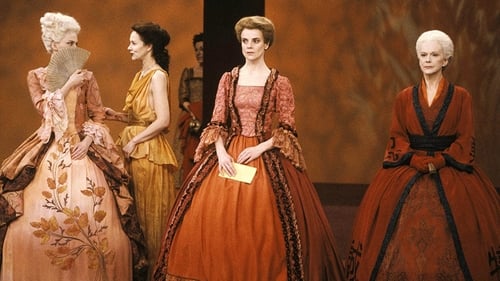
Writer
A theatre production of Yukio Mishima's play, filmed for Swedish television. It begins in France in 1772. Six Women, one of them Madame de Sade, discuss their views and feelings of the notorious sadist and sodomist Marquis de Sade.

Original Story

Self
A BBC television documentary on the life of Yukio Mishima that highlights the many known major aspects of his life and personality.

Writer
Lonely youth Shinji meets Hatsue, a pretty pearl diver, on the beach and the two fall in love. But Shinji has a rival for Hatsue's affections, Yasuo. Yasuo spreads unpleasant gossip about his rival, and Hatsue's father forbids her to see Shinji. But when the boy saves the passengers on a boat owned by Hatsue's father, his luck in love begins to change. —Jim Beaver

Novel
A fictional account of the life of Japanese author Yukio Mishima told in four parts. The first three parts relate events in three of his novels: The Temple of the Golden Pavilion, Kyoko's House, and Runaway Horses. The last part depicts the events of 25th November 1970.

Original Story
Adaptation of a 1956 novel by Yukio Mishima.

Writer
The story takes place during the end of the Pacific War and the aftermath period and it focuses on Mizoguchi, who is the son of a Buddhist Priest. When his father dies, he’s sent to the Temple of the Golden Pavilion in Kyoto. Mizoguchi is physically unattractive and becomes, in some way, jealous of the beautiful Temple that he loves so much.

Original Story
The story takes place during the end of the Pacific War and the aftermath period and it focuses on Mizoguchi, who is the son of a Buddhist Priest. When his father dies, he’s sent to the Temple of the Golden Pavilion in Kyoto. Mizoguchi is physically unattractive and becomes, in some way, jealous of the beautiful Temple that he loves so much.
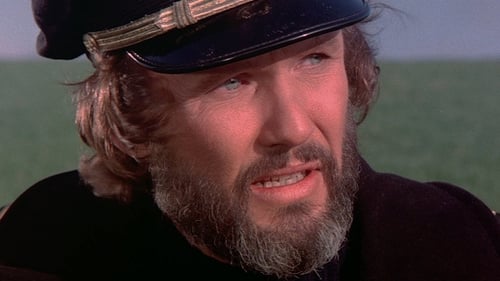
Writer
When a widowed mother falls in love with an American sailor, her troubled young son is pressured by the bullying leader of his clique to seek revenge.

Novel
Lonely youth Shinji meets Hatsue, a pretty pearl diver, on the beach and the two fall in love. But Shinji has a rival for Hatsue's affections, Yasuo. Yasuo spreads unpleasant gossip about his rival, and Hatsue's father forbids her to see Shinji. But when the boy saves the passengers on a boat owned by Hatsue's father, his luck in love begins to change.

Novel
A young woman undergoes psychiatric treatment after she no longer hears music and develops sexual hang-ups.
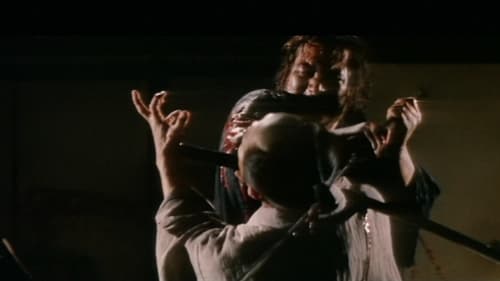
Shimbei Tanaka
A ronin desperately seeks a way out of financial straits; he allies with the Tosa clan under the ruthless leader Takechi, who quickly takes advantage.

Writer
A feverishly perverse 1969 film noir oddity starring female impersonator Akihiro Maruyama. When wealthy Kyohei hires singer "Black Rose" to perform in his exclusive men's club, he gets more than he bargains for when she attracts scores of homicidal past lovers. The film takes a bizarre twist when Kyohei's son falls victim to the femme fatale's unique charm.

The day after Yasunari Kawabata won the Nobel Prize in Literature, a talk was held at Kawabata's residence in Kamakura. Yukio Mishima, who admires Kawabata, and Sei Ito, a literary critic, celebrate the first honor of the Japanese people, and this is a valuable opportunity for the three to meet and talk.
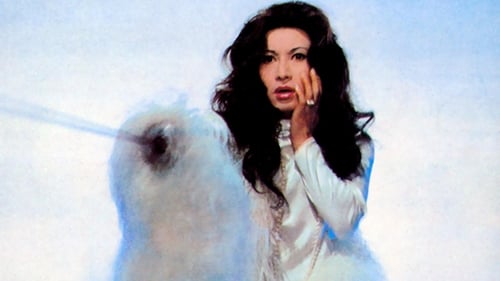
Adaptation
A detective tries to outwit a jewel thief who has kidnapped the daughter of a jeweler to get to an exquisite diamond.

Theatre Play
A detective tries to outwit a jewel thief who has kidnapped the daughter of a jeweler to get to an exquisite diamond.

Human statue
A detective tries to outwit a jewel thief who has kidnapped the daughter of a jeweler to get to an exquisite diamond.

Novel
A young wealthy widow becomes sexually involved with her father-in-law, while harboring a destructive obsession with the family gardener.

Novel

Producer
Two characters on a Noh stage dramatize the rite of love and death of Lieutenant Shinji Takeyama and his wife Reiko.

Shinji Takeyama
Two characters on a Noh stage dramatize the rite of love and death of Lieutenant Shinji Takeyama and his wife Reiko.

Writer
Two characters on a Noh stage dramatize the rite of love and death of Lieutenant Shinji Takeyama and his wife Reiko.

Director
Two characters on a Noh stage dramatize the rite of love and death of Lieutenant Shinji Takeyama and his wife Reiko.

Novel
From a novel by Mishima Yukio
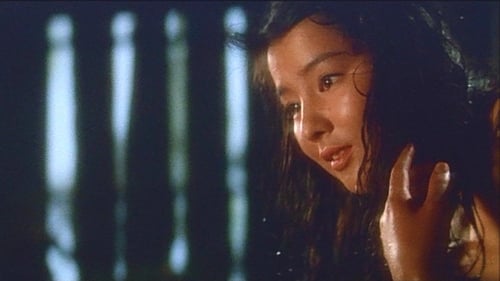
Novel
On a small island, inhabited by only fourteen hundred people, a young fisherman's son, Shinji falls in love with Hatsue, the daughter of the richest and most difficult man on the island. Despite their differences in class, they begin to meet and rumors spread of them having an illicit affair. Soon after, Shinji jumps into a stormy sea to help a ship in distress. The vessel turns out to be owned by Hatsue's arrogant father, who now becomes an understanding and sympathetic parent and allows the two lovers to marry.
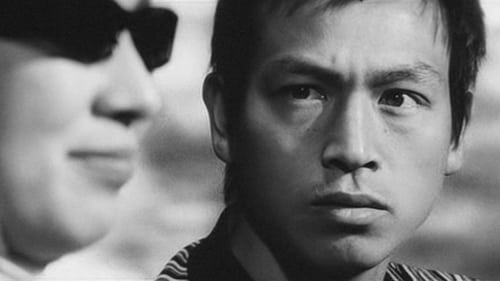
Novel
Kokubu Jiro is the captain of his university's Kendo team. Often standoffish, mild, stoic and minimalist, Kokubu is a mystery to those who know him. Kagawa wants to understand Kokubu, but being arrogant and flashy, has a hard time connecting with Kokubu.

Writer
Celebrated detective Akechi matches wits with the infamous and devious jewel thief Black Lizard after the criminal orchestrates an elaborate kidnapping.

Novel
A romantic comedy depicting the variant and whimsical daily lives of the Japanese mademoiselles in the Metropolis of Tokyo. How they react against the bold spirited love makers and begin to take a liking to them is the theme of the picture.
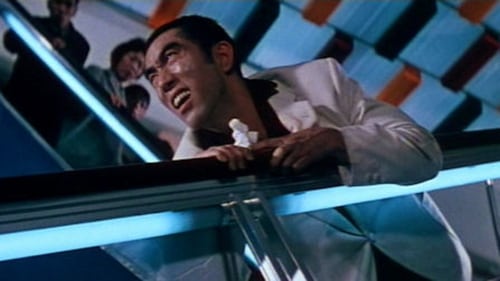
Takeo Asahina
On his release from prison a young yakuza, along with his brother, decides to turn his back on criminal life instead of taking over the position of his recently deceased father, boss of the Asahina clan. But their exit proves more difficult than planned when their rival clan steps in to exact revenge.

Original Story
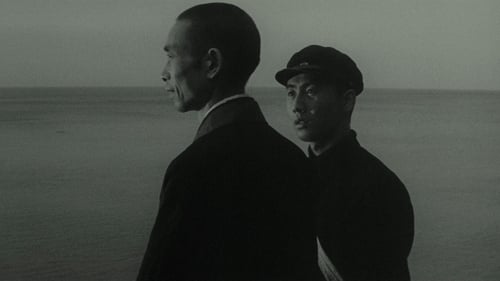
Novel
Learning of his family's collapse, acolyte Goichi, sent to study silently at the Temple of the Golden Pavilion, must endure acute psychological distress.

Novel
A woman who grew up in a prestigious household, begins to have an affair outside the marriage.

Novel
Adaptation of the Yukio Mishima novel.

Novel
Lonely youth Shinji meets Hatsue, a pretty pearl diver, on the beach and the two fall in love. But Shinji has a rival for Hatsue's affections, Yasuo.

Novel
"Pure white nights" - A romantic tale that depicts love between married people and the psychology of their marriage with elegant and a controversial touch. Love, art and suffering until the tragic and absurd ending.

"Pure white nights" - A romantic tale that depicts love between married people and the psychology of their marriage with elegant and a controversial touch. Love, art and suffering until the tragic and absurd ending.

